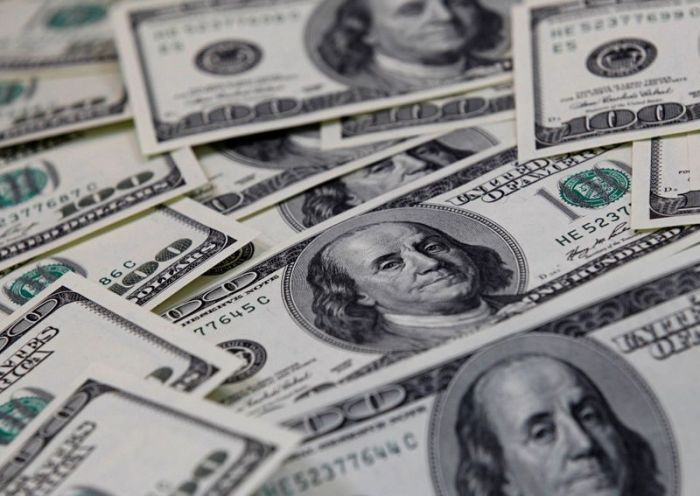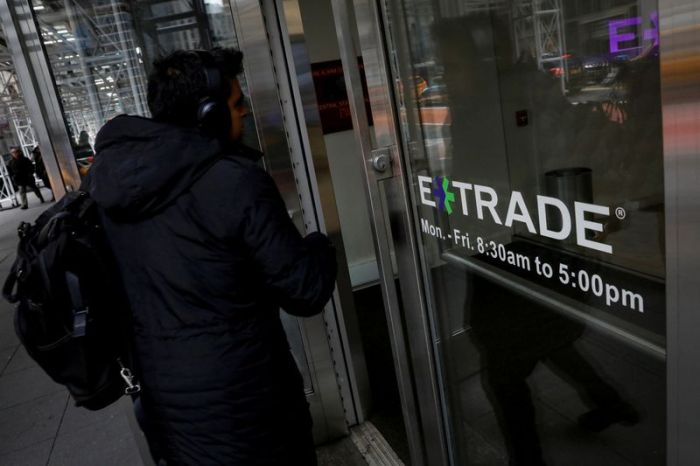PARIS (Reuters) – France will impose measures including weekend lockdowns in Paris and 19 other regions from the start of March if signs of the coronavirus accelerating persist, French Prime Minister Jean Castex said on Thursday.
Castex said a new nationwide lockdown was not on the agenda, but said French citizens needed to be in a state of heightened alert to make sure they contain the spread of the virus while vaccines are rolled out.
“The country’s health situation has deteriorated over the past few days. We should only resort to a lockdown when we have no other choice”, he said in a televised address.
“We must do all that we can to delay it, to give time to the vaccination campaign to yield its effects”, Castex added.
The prime minister said the spread was worrying in 20 French departments – the country’s administrative regions – including Paris and the surrounding region.
He said those regions would now be subject to heightened scrutiny by public health officials.
If a week from now it was determined that infection rates were still rising in those regions, measures will be put in place, from March 6, similar to those in force in the cities of Nice and Dunkirk.
There, local authorities have imposed stay-at-home orders at weekends, stepped up checks at airports, cracked down on people gathering in public places and tightened rules on wearing masks outside.
Speaking alongside Castex, Health Minister Olivier Veran said the French were in favour of measures enforced on a local level, adding the government would keep this course of action as long as it was possible.
French health authorities reported 25,403 additional new cases over the last 24 hours, versus 22,501 a week ago, figures confirming the recent upward trend of the disease, mainly due to variants, Veran said.
The seven-day moving average of daily new cases stands at 21,452, a more than three-months high. With 3.687 million cases reported since the outbreak of the disease, France has the six-highest tally in the world. Its 85,582 COVID death toll is the seventh-highest globally.
Castex said there were reasons to believe life in France could back to normal “in the coming months” thanks to the ongoing vaccination campaign.
He also said there was hope in some new treatments of the disease.
Veran said a trial in France using interferons as a therapy for people at risk of serious forms of COVID-19 was well advanced while another therapy, using monoclonal antibodies, had regulatory approval for use in the country and was being rolled out to some patients.
(Reporting by Geert De Clercq and Benoit Van Overstraeten; Writing by Christian Lowe; Editing by Janet Lawrence, Alexandra Hudson)



















